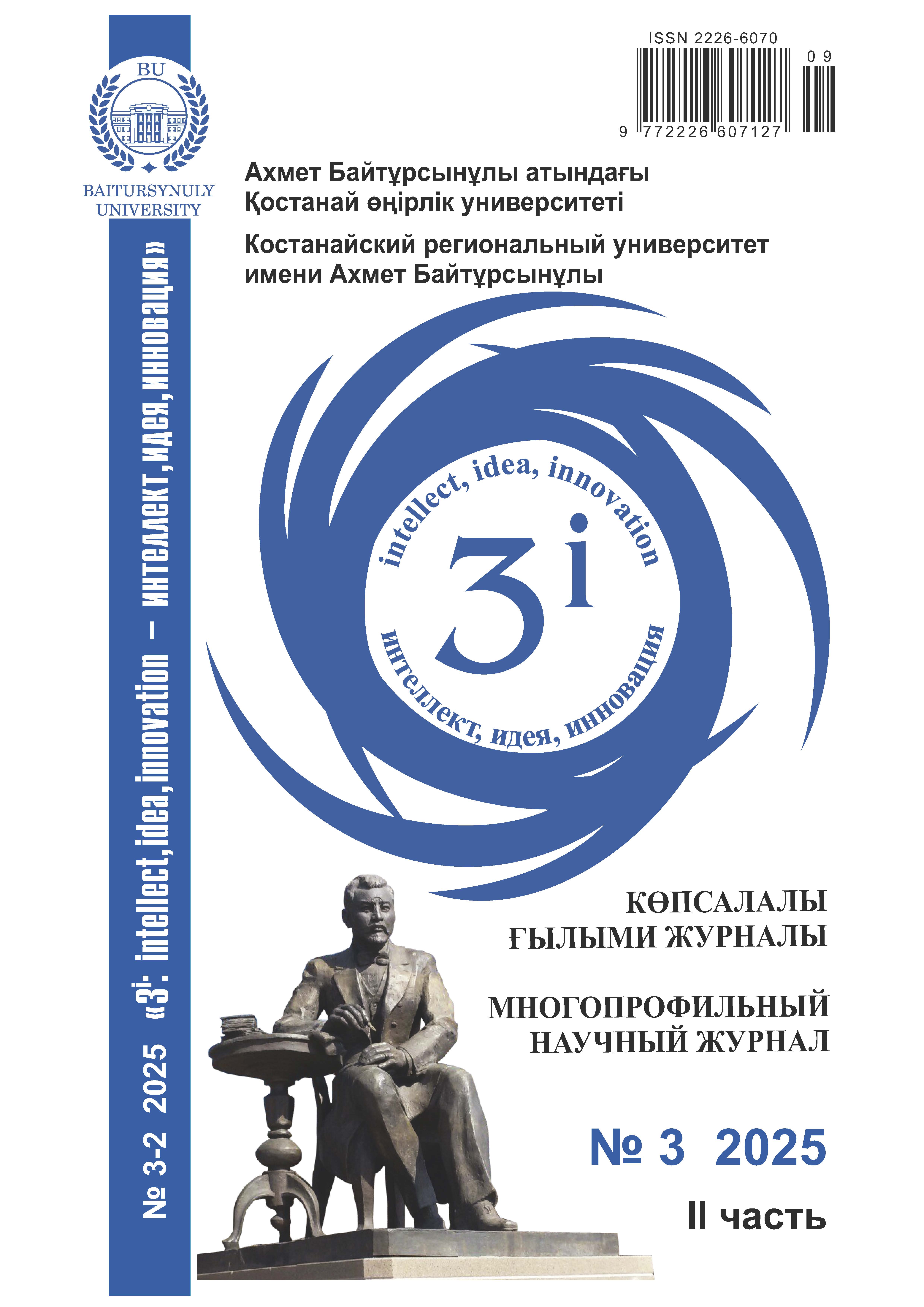SCIENTIFIC RESEARCH ON THE PROBLEM OF THE DEVELOPMENT OF TRANSVERSAL SKILLS
DOI:
https://doi.org/10.52269/KGTD253236Keywords:
transversal skills, XXI century skills, workable skills, research projects, comparative content analysisAbstract
This article examines the theoretical and practical aspects of developing transversal skills in the professional training of future teachers within Kazakhstan’s higher pedagogical education system. The study objective is to identify the structure, content, and assessment methods of transversal skills through a comparative analysis of international scientific projects and to determine effective ways to develop these skills in the national educational context based on empirical research results. The research methodology is based on a mixed approach combining theoretical and empirical methods. At the theoretical level, a content analysis of key international projects and competency frameworks (ATS2020, VISKA, TRANSMOD, etc.) was conducted. The empirical stage involved an experimental study with 150 students from two universities. The results made it possible to assess the level of transversal skills acquisition, identify development factors, and propose methodological recommendations for integrating these skills into the learning process. The diagnostics focused on information literacy, critical and creative thinking, and communication skills. The findings clarify the theoretical and applied foundations for incorporating transversal competencies into professional training. The results may serve as a basis for strategic decisions to enhance teacher training quality and modernize educational content.




